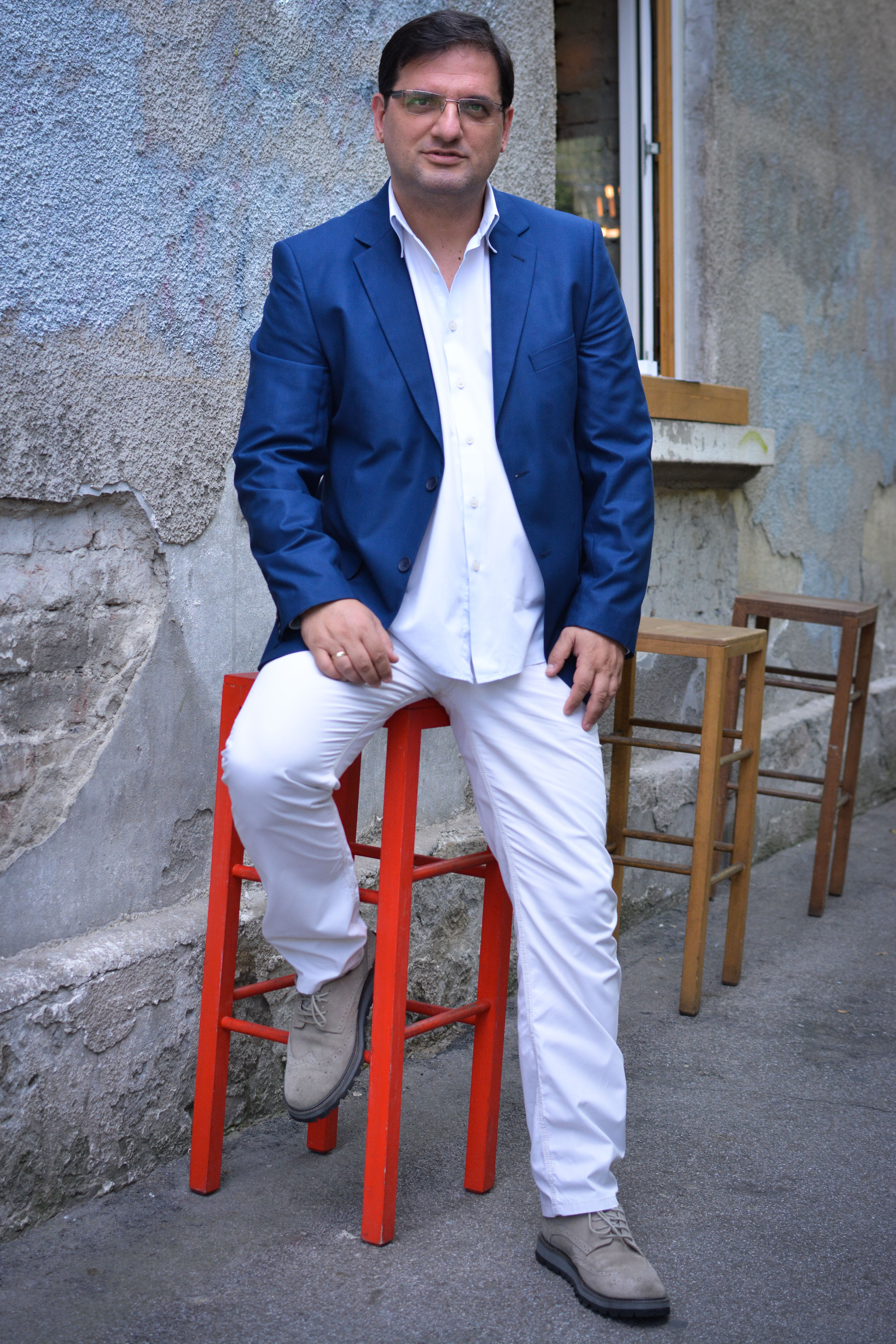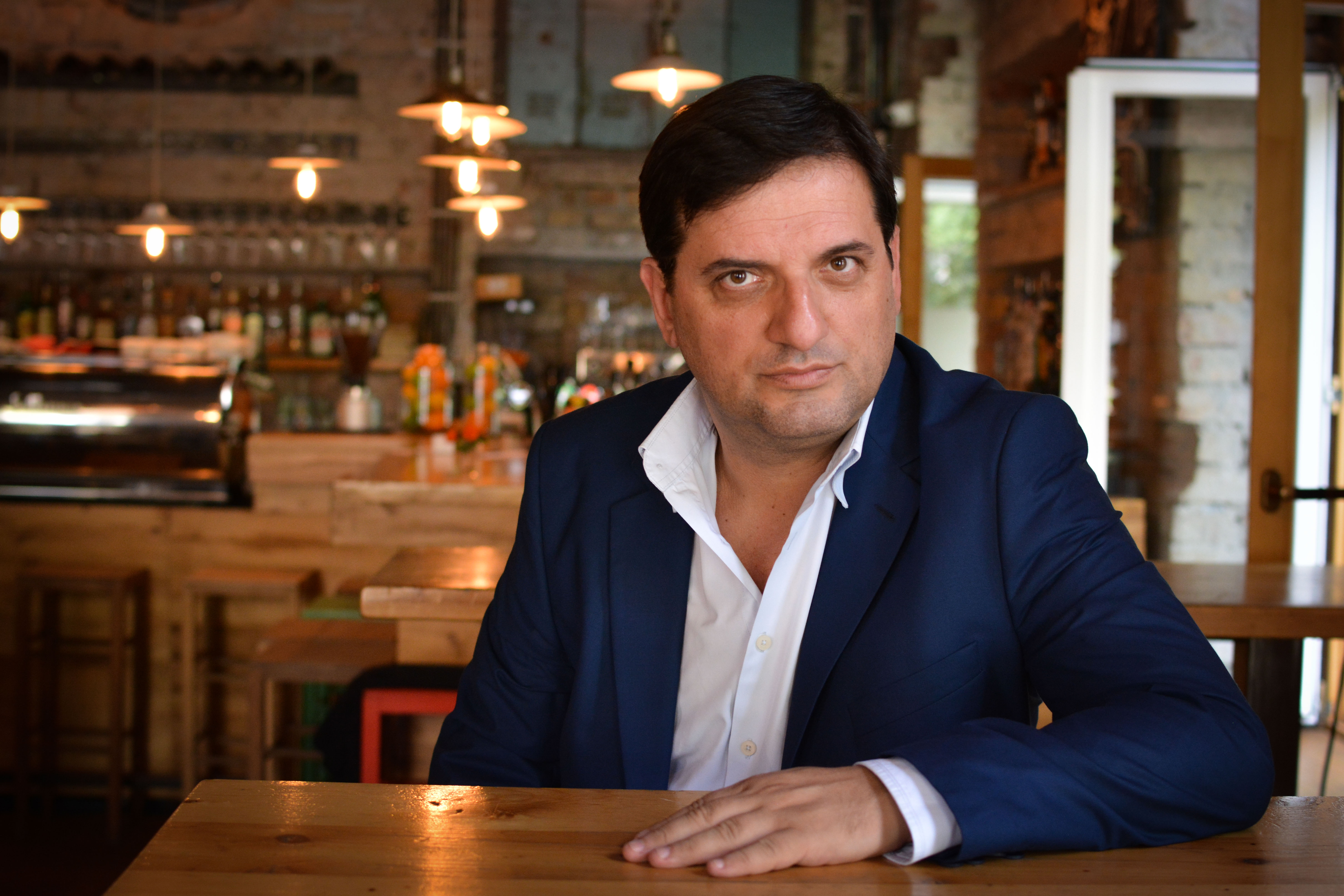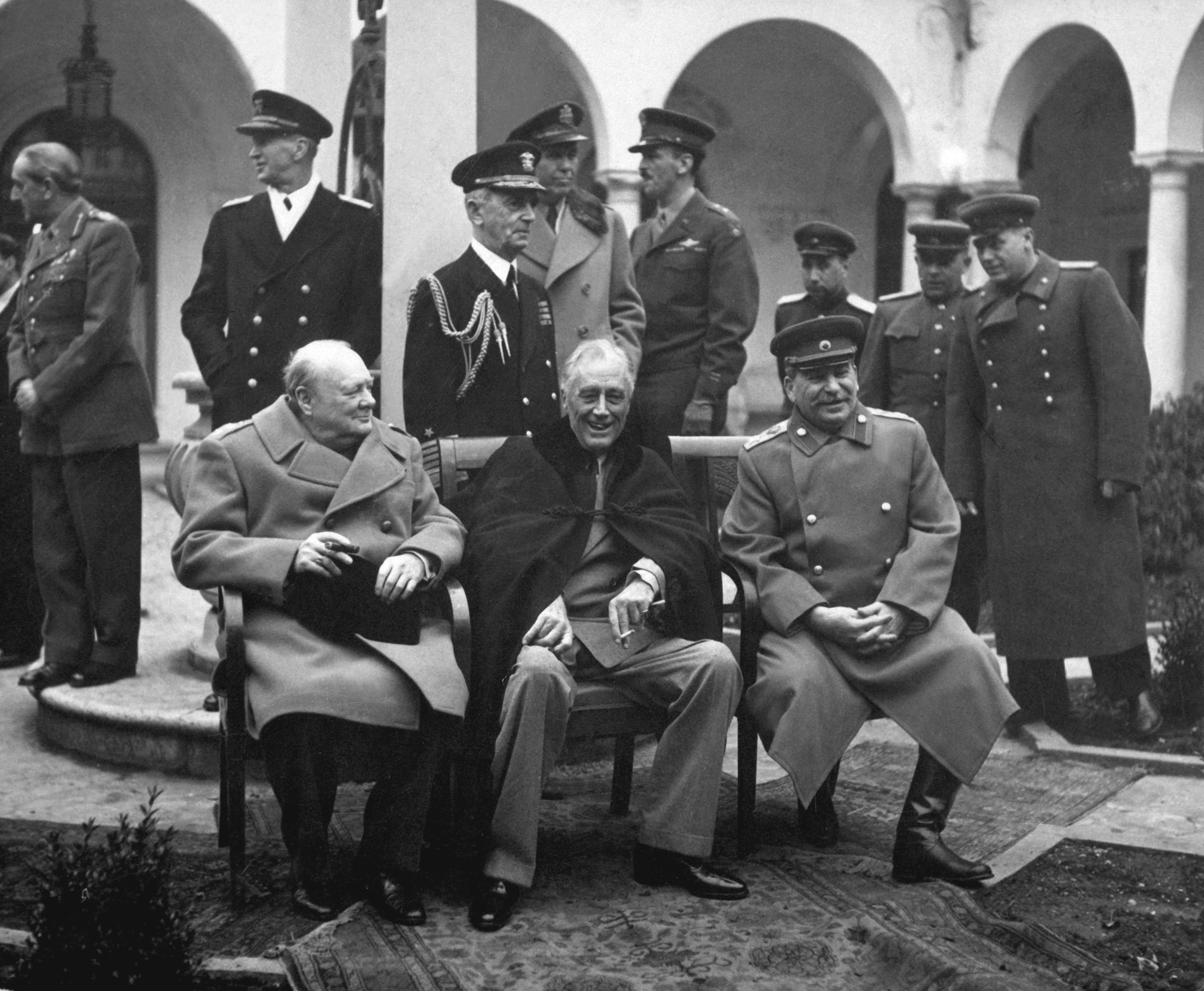Aleksandar Apostolovski, columnist and political analyst, was interviewed by Žikica Milošević in the newest issue of our magazine. Here is what he said
The government has finally been formed, and it is generally not much different from the previous one, as far as the key positions are concerned. The Minister of Culture, Milan Tasovac, has been replaced by a minister from Dveri, who obviously has a more nationalist approach to culture. The two technocrats from NALED are also fresh meat. Do you think that we managed to parry the Croats? Is the appointment of the LGBT minister a strategy for reconciliation with Europe?
The Serbs mistakenly believe that the Ministry of Culture is fairly insignificant. They want to get hold of the positions in the army, police, or financial department. However, I somehow don’t think that the new Minister of Culture or the new ministers from NALED will ask Vučić for his opinion on different matters. The appointment of miss gay minister Ana Brnabić came as a great surprise, and I am glad that her it triggered such a positive reaction. Even the mayor of Jagodina, mr. Palma, was touched. I think that Europe was surprised by the Serbian tolerance. One more proof of how little they know about us.
Why did Vučić take so long to come up with the government so similar to the previous one? Is that solely a result of pressure from abroad, and does it mean that Vučić managed to cope with it by appointing a similar goverment?
Before the Serbian elections, the world had been very different. Brexit and the military coup in Turkey still hadn’t happened. If we think of Brexit as a geopolitical earthquake similar to the demolition of the Berlin Wall, and if Turkey is getting closer to Russia, threatening to cut off the southern wing of NATO, it is understandable that Vučić waited to see what was going to happen next. The US are slowly losing their strongholds in Asia, which are being taken over by Russia, China and Iran together with Erdogan’s Turkey. On the other hand, the EU is becoming bureaucratic machinery so shaken by the migrant crisis, that the Greek financial collapse is already forgotten. Therefore, Vučić never fought with the pressure, but with logic. He almost fanatically supports the EU, and the new players from Eurasia are genuinely fond of Serbia. Hasn’t China chosen Serbia as its key point in Europe, on its new Silk Route? Haven’t the Chinese played an important role in the election of Vučić by buying the Smederevo Ironworks? That is why it makes me happy to hear Vučić quoting Veber and not Kraljević Marko. Serbia now needs ice-cold pragmatism. There is one thing about Vučić, however, that worries me. In the era of the new Cold War, he needs a great talent for trade, which he didn’t show when a tradesman in Skadarlija sold him opanci for 70 euro, right in front of Joe Biden, too.
How big is the influence of different embassies, especially American, Russian and German (the EU leader), on Serbian politics?
Embassies, as sub-branches of the great world powers, have a great influence on much bigger countries than Serbia. They are the extension leads of their administration, and when you read Wilileaks, it seems that a great number of Serbian leaders used to spend more time in the US Embassy, than at home. I believe that the Russian Embassy is almost equally attractive as a shelter for our politicians.
Is it possible for Serbia to remain politically neutral in the long run? Ukraine paid a high price for swerving off the road of neutrality and streaming towards the West.
Not only that the plan is possible, but it is also the best solution. Marshal Tito could have said a few words about that. In the circumstances where the eastern and the western powers are becoming equal, the Cold War turns out to be a great chance for the development of Serbia. Mlađan Dinkić would agree. Serbia should have a good relationship with Russia and China, as it would create good opportunities. It doesn’t mean though that we should turn our backs to the US and Brussels. This way Serbia would increase its value on its geopolitical journey. However, there is one condition. We need to change our motto ‘if we don’t know how to work, we know how to fight’, as it proved to be lethal. Now we have to start working hard, to stop fighting and and learn to trade. I would call that ‘a new non-alignment movement’.
Conference of the Big Three at Yalta makes final plans for the defeat of Germany. Here the “Big Three” sit on the patio together, Prime Minister Winston S. Churchill, President Franklin D. Roosevelt, and Premier Josef Stalin.
Miroslav Lazanski recently said that military coups cannot happen only in the US, because there are no US embassies there. Are we supposed to believe that the Americans are responsible for the parliamentary coup in Brasil, unrest in Venezuela, unsuccessful military coup in Turkey and unrest in pro-Russian Armenia? Are they really that strong and does America ‘go back to places always at the same time’?
My relationship with the US is totally infantile. As Tito’s pioneer, I believed in America presented in the works of Ernest Hemingway, Michael Cimino, and Francis Ford Copolla. I believed in the so-called absolute purity of American democracy. In the old Slavica Cinema in Karaburma, which is now turned into a dump, I watched The Deer Hunter, Apocalypse, and Midnight Cowboy, and I was convinced that the country that produces such great films must produce the perfect society too. But when I grew up, instead of Maryl Streep, there was Madeleine Albright. Instead of Michael Cimino, who recently passed away, there was Dick Cheney. That is why I am not surprised by the overturn of government in Brasil and all over Latin America. The temporary president of Brasil, Michel Temer, used to negotiate with the CIA about overthrowing Lula da Silva, the leader of the Workers’ Party, who was eventually succeeded by Dilma Rousseff. This was highlighted by Glenn Greenwald, the winner of the Pulitzer Prize, and who also added that the American agencies hacked Dilma’s telephone. Instead of the brutal local desperados, the Americans are now using mellow coups to get rid of the left-wing regimes. There is nothing new about that, apart from the new Cold War.
Does the New Cold War mean that we are going back to playing spy games led by embassies and fighting ‘special wars’, such as the doping affair of the Russian sports people? How strong are those secret powers today?
These ‘special wars’ keep happening, of course, but are fought with different means! Now that the Russians and the Chinese realised the importance of global media, they have started investing in NGOs and the so-called ‘soft power’, so TV Russia Today turned out to be deadlier than the tank divisions. By banning a great number of Russian athletes from the Olymic Games in Rio, the Americans defeated the Russians, but at the same time Erdogan longingly turned to Putin. Similar changes are yet to come.
Croatian comments in the media often emphasise that Croatia had more autonomy in SFRY than it does now in the EU. Do you think that Serbia now also has less autonomy in decision making in politics and economy than it used to have as a federal state of SFRY?
SFRY should have survived. Sandra Perković, the wise Croatian Olympic champion in discus throw, said that today we would have been the world’s foremost sports power, better than the US, Russia and China. Croatia and Serbia weren’t much more autonomous in Yugoslavia, but their citizens lived better then than they do now with the EU.
In these unpredictable times, what do you think is going to happen with the world and Europe? How is Serbia going to balance out the contradictory foreign influences and the internal divergent tendencies?
No one knows that. The US elections might give us answers to that. Personally, I would vote for Trump, not because of his style, as he reminds me of Šaban Šaulić dyed blonde, but because defeating Hilary would be a triumph of the Washington elite. It would stop the US from becoming a Bush and Clinton dynasty. I think that the US had better candidates – Sanders, for instance. Yalta is going to happen again, but the world’s leaders won’t have a chance to meet up there, as it is in Crimea. Serbia, a country where different religions, ideologies and the universe meet, should make sure its position is its forte, not its weakness. We need to try to establish power by participating in public debates and agreeing to sometimes disagree.


